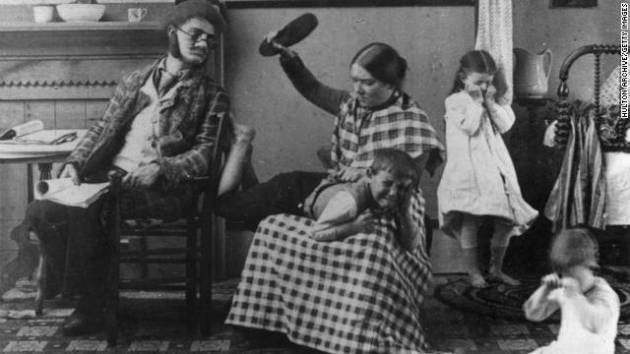“In everything give thanks; for this is God’s will for you in Christ Jesus.” (1 Thessalonians 5:18).
While we are often eager to thank God for the good things, we by and large fail at thanking him for what we consider the bad circumstances.
My second daughter was born not breathing. She did not breath for over ten minutes. She was rushed to the hospital and put into cooling to try and prevent the swelling of her brain. It wasn’t until she finally stabilized with the help of an NG feeding tube in her nose and an oxygen mask, that the full extent of the damage became known. She could not swallow or suck; she appeared to be blind; and she had Cerebral Palsy in all her limbs. My daughter would likely never have the motor skills or mental capacity to go to the bathroom or eat with her mouth let alone walk or talk.
It was a devastating experience for out family. In the midst of it all, the medical professionals urged us on a regular basis to just let her go. That she would have no quality of life. That her life was not worth living. That we should remove the feeding tube and let her starve to death.
Being thankful to God in all of this became the last thing on my mind. I was angry at God. I asked him why, but there was nothing… nothing that I could thank him for.
How can we have a thankful attitude in all circumstances?
“And we know that God causes all things to work together for good to those who love God, to those who are called according to His purpose” (Romans 8:28:).
Even in the bad circumstances we can know that God is working and even when the worst happens, we can thank God that he is stripping away all hope for attachment to this world and making us reliant on him alone.
It wasn’t until months after my daughter’s apparent tragic death that I could look back and truly thank God. I can never be glad and joyful in the loss that my daughter suffered but learning to love and care for her as she is has been an incredible experience. Every time she smiles my heart skips a beat. Every new thing she does, like grabbing my finger, or her beautiful cooing laughter, or rolling over is a larger triumph than winning any great war or achieving any great success could ever be.
Not only can I thank God for my beautiful Special Needs baby, but I can thank God that, by allowing us all to go through this he was truly showing his great love. His incredible hand of provision that was there even in the midst of our horror could only have been him. He has taught me that, no matter what I might do as a parent or as a person, it is nothing. By allowing me to fall to the point of true and total desperation, God has taught me that reliance on self is exactly what he has freed us from. 
I now know how to take hold of the freedom offered to us through the sacrifice of Jesus Christ.
Image Source: peperonity.com



